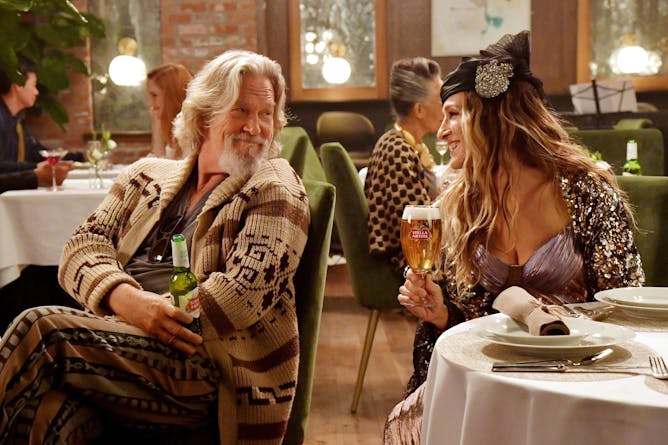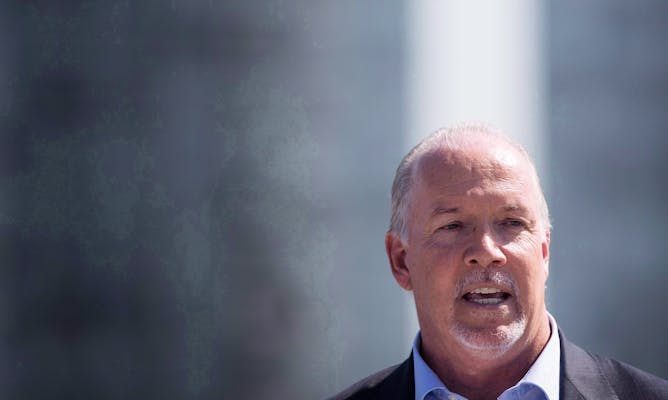|
Did you watch the Super Bowl on Sunday? Not only were the first three quarters of the game a bit of a snoozefest, but so too were the advertisements, according to Dillon Thomas Browne of the University of Waterloo. In today’s The Conversation Canada, Browne touches on a past personal trauma to issue a call for ads that dig a lot deeper in terms of challenging toxic masculinity.
Swathi Meenakshi Sadagopan, a Munk fellow at the University of Toronto, explains how "algorithmic amplification" causes online content to become popular at the expense of other viewpoints – important knowledge to amass as a federal election in Canada looms.
Heading into that election campaign, we’re likely to see and hear politicians going to great lengths to attract young voters. Chris Tenove at the University of British Columbia points out that some politicians are now embracing social media memes, often in a cringe-worthy manner that makes them look inauthentic.
Analyzing the veracity of political news will be increasingly important in the coming months. Claire Ahn of Queen’s University points out that not only should students learn how to detect fake news, they must also be taught to examine media formats and media patterns that can be manipulated.
|

An ad by a beer company was sweet but didn’t challenge any social norms.
Stella Artois
Dillon Thomas Browne, University of Waterloo
After the #me-too inspired Gillette ad, a male therapist says this year's Super Bowl ads were disappointingly mild. But let's not let that stop us from challenging each other.
|

Feedback loops in algorithms amplify chosen content, to the exclusion of others.
Shutterstock
Swathi Meenakshi Sadagopan, University of Toronto
Algorithms used by social media networks expose users to divisive content separating them into bubbles. But the ways in which they are trained amplifies the effects of the filter bubble.
|

B.C. Premier John Horgan created a meme when he said: ‘If you were woke, you’d know that pro rep is lit.’
THE CANADIAN PRESS/Darryl Dyck
Chris Tenove, University of British Columbia
Politicians have been using memes to appear cool, plugged in, even 'lit.' Here's why that's not necessarily a smart idea.
|

All demographics of people are suceptible to being deceived.
www.shutterstock.com
Claire Ahn, Queen's University, Ontario
Coach students to analyze the credibility of sources, but teaching them how genre and experiential patterns can be manipulated is also relevant.
|
Culture + Society
|
-
Priya C. Kumar, University of Maryland
Parents have engaged in forms of 'sharenting' for generations. The digital age has complicated things, but while critics make some valid points, they're missing the forest from the trees.
|
|
Environment + Energy
|
-
Alison Kock, South African Institute for Aquatic Biodiversity; Tamlyn Engelbrecht, University of Cape Town
The False Bay ocean food chain in Cape Town began to change significantly in 2015 with the appearance of shark-eating killer whales.
|
|
Health + Medicine
|
-
Michael P. Lisanti, University of Salford
Cancer treatment could be revolutionised by the discovery of the origin cells which divide first.
|
|
Politics
|
-
Anthony F. Arrigo, University of Massachusetts Dartmouth
Since 1982, presidents have invited special guests to the State of the Union who they believe embody values around which the nation can rally.
|
|